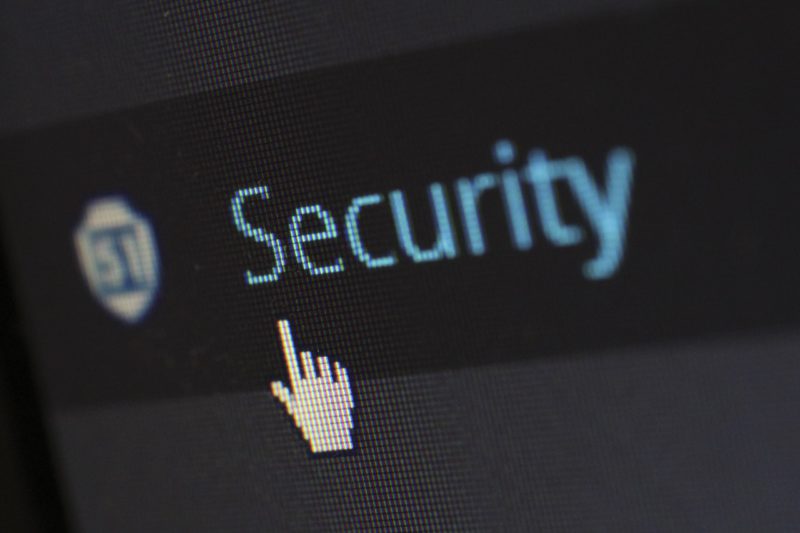Using an SSL certificate is the starting point for creating a secure website, you could also get an IT services insurance to better secure your site. To secure your website, you need to install an X.509 digital certificate, commonly referred to as an SSL certificate, on your server.

Even if you are not selling anything on your website, I strongly recommend that you use the HTTPS protocol and add an SSL certificate for increased security. Bottom line, if you depend on your website to generate leads and sales requests, your site should use HTTPS to prevent users from going crazy and leaving your site due to “insecure” warnings.
By taking extra security measures, search engines may lower your site’s ranking in search results if you don’t have an SSL certificate. If the certificate is valid and signed by a trusted CA, web browsers connecting to the site will tell you that it successfully secured the HTTPS connection.
After installing HTTPS, all traffic and communication between the server and the web browser will be encrypted and secure. After enabling SSL, your website will use HTTPS instead of HTTP, you will also see a lock icon next to your website address in the browser.
HTTPS transfers visitors’ personal information between your site and your database. A visit means that the data you send to or receive from a secure website is encrypted. If your website prompts visitors to sign up, register, or make any transaction, you need to encrypt your connection.
One of the best ways to prevent security issues is to log who did what to your site. If you operate a website, you are not only responsible for the security of your data, but also the data of your visitors, clients and colleagues.
There are a lot of complex things that webmasters have to keep track of, but controlling them will have a major impact on the security of a website.
Even if you have done something, you need to keep your website up to date and keep it safe. Updating your website is the most basic WordPress security practice you can do.
Good website security starts with you—choose a reputable website builder or cloud hosting provider, make smart choices about how you manage your site, and go the extra mile to protect your passwords.
Using strong passwords for the server and admin areas of your website is critical, but it’s equally important to stick to strong passwords for your users to keep their accounts secure. If you don’t use WordPress, check that your site’s content manager offers a good security plugin.
If you built your website with a content management system (CMS), you can enhance your website with security plugins that proactively prevent website hacking.
Give your website a more secure platform with managed WordPress hosting. If you host your website on your server, there are several ways to set up encryption yourself. Many hosts offer server security features that better protect downloaded website data.




